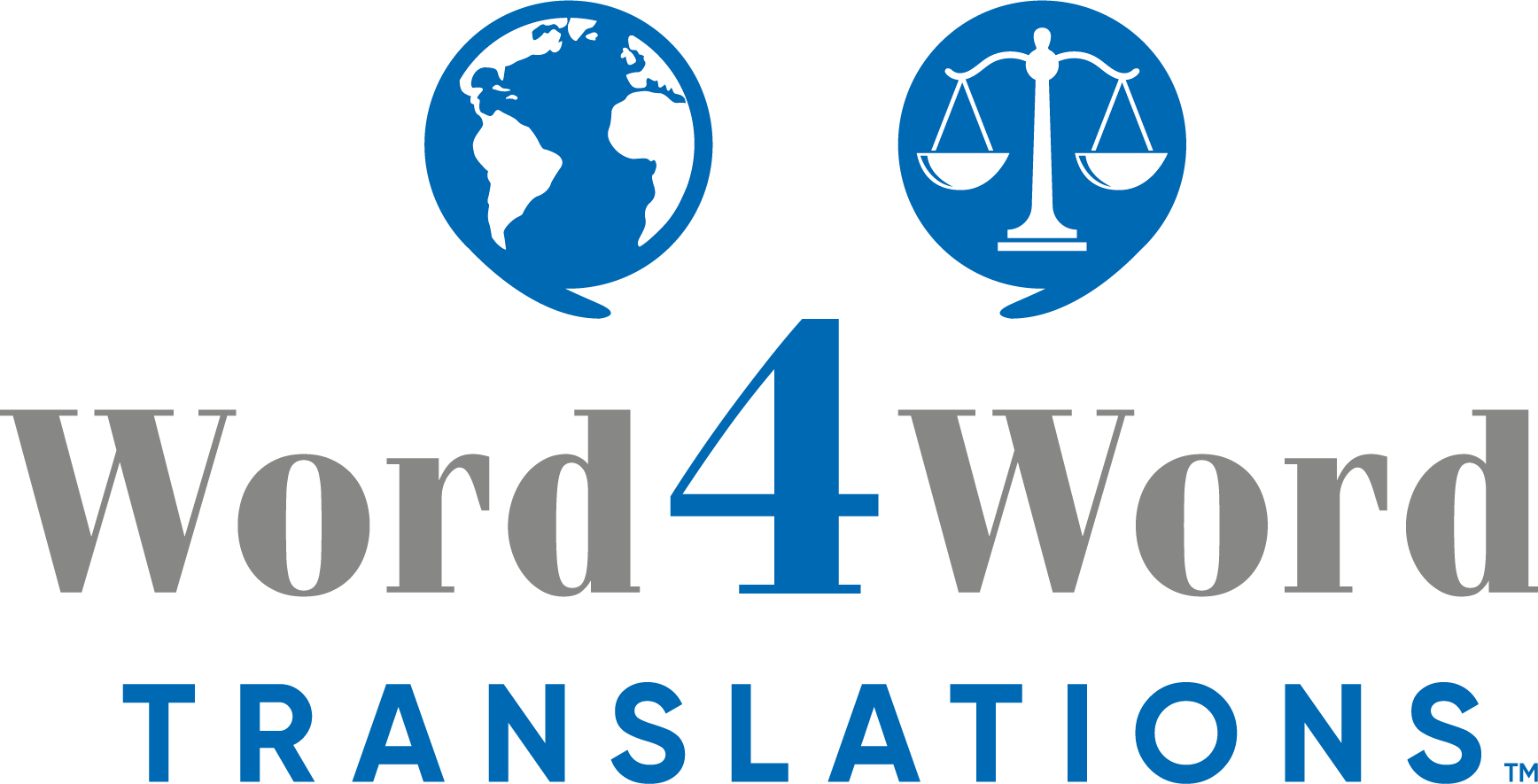A Historical Analysis of Multilingual Legislation and Statutory Interpretation in Canadian Courts

Abstract:
This research blog delves into the historical evolution of multilingual legislation and statutory interpretation in Canadian courts. It explores how Canada's legal system has accommodated linguistic diversity, from its colonial origins to modern-day legislative frameworks. Through an examination of key legislative measures, judicial practices, and challenges faced, this study aims to provide insights into the significance and implications of multilingualism in Canadian jurisprudence.
In the year 1867, Canada was established as a bilingual, bijural, federal with confederation. Canada today, is a diverse and multicultural nation where multiple languages are spoken. Historically, Canada’s legal system has its roots in English common law and French civil law traditions. Early legal proceedings and legislation were predominantly conducted and drafted in English and French.
Over the years, Canada has witnessed a fascinating evolution in the treatment of multilingual legislation and statutory interpretation in court cases. As Canada evolved into a more inclusive and diverse society, there was a growing recognition of the need to accommodate linguistic diversity within the legal system. This recognition was bolstered by legislative measures such as the Official Languages Act of 1969, which affirmed English and French as the official languages of Canada and guaranteed language rights to individuals in federal institutions.
While English and French remain the primary languages of legislation at the federal level, efforts have been made to provide bilingual legislation of translation in regions with diverse linguistic populations.
When it comes to Statutory Interpretations in Court Cases, it plays a key role in Canadian jurisprudence, guiding legal outcomes and shaping judicial decisions. In cases involving statutes drafted in multiple languages, the courts must interpret the legislation that upholds its intent and purpose while considering linguistic nuances and differences. To do this, the court carries out a process known as ‘Multilingual Statutory Interpretations’, which requires a judge to navigate complex linguistic and legal terrain to arrive at equitable and just decisions.
Despite advancements in multilingual legislation and statutory interpretation, challenges persist. Translating legal texts accurately and effectively across languages poses inherent difficulties due to linguistic nuances, cultural differences, and divergent legal traditions. Furthermore, ensuring equal access to justice for individuals who may not be proficient in English or French remains an ongoing concern, underscoring the need for continued efforts to address linguistic barriers and promote linguistic rights in the legal system.
As we reflect on the historical journey of multilingual legislation and statutory interpretation in Canadian courts, it's evident that Canada's commitment to linguistic diversity, inclusivity, and access to justice has been paramount. Looking ahead, as Canada evolves, its legal framework will inevitably adapt to meet emerging linguistic challenges while maintaining principles of fairness and equality. At Word4Word Legal Translation Services, we're onboarding this evolution by providing innovative approaches to multilingualism in legal practice and policy. Together, let's foster greater linguistic accessibility and representation in the Canadian legal system.
